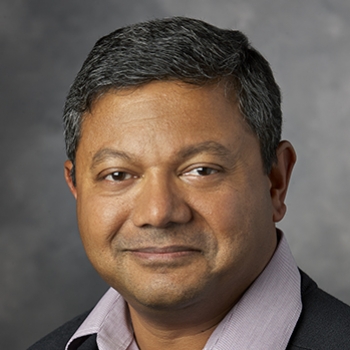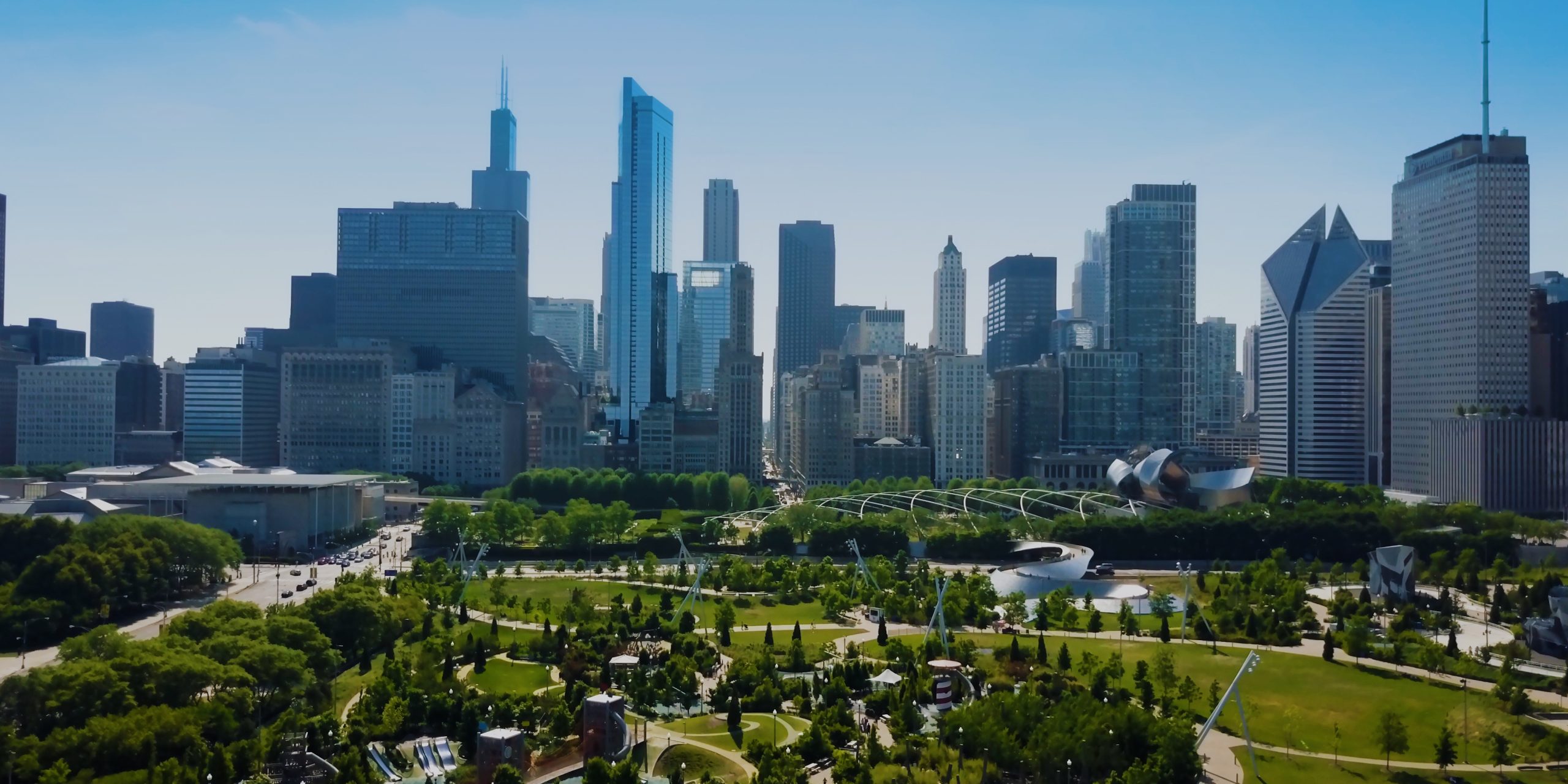
Dr. Arun Majumdar
Dean, Stanford Doerr School of Sustainability, Jay Precourt Professor, Professor of Mechalical Engineering, of Energy Science and Engineering, of Photon Science and Senior Fellow, by Courtesy, at The Hoover Institution
Stanford Doerr School of Sustainability
Dr. Arun Majumdar is the inaugural Dean of the Stanford Doerr School of Sustainability. He is the Jay Precourt Provostial Chair Professor at Stanford University, a faculty member of the Departments of Mechanical Engineering and Energy Science and Engineering, a Senior Fellow, and former Director of the Precourt Institute for Energy and Senior Fellow (courtesy) of the Hoover Institution. He is also a faculty in Department of Photon Science at SLAC.
In October 2009, Dr. Majumdar was nominated by President Obama and confirmed by the Senate to become the Founding Director of the Advanced Research Projects Agency – Energy (ARPA-E), where he served until June 2012 and helped ARPA-E become a model of excellence and innovation for the government with bipartisan support from Congress and other stakeholders. Between March 2011 and June 2012, he also served as the Acting Under Secretary of Energy, enabling the portfolio of Office of Energy Efficiency and Renewable Energy, Office of Electricity Delivery and Reliability, Office of Nuclear Energy and the Office of Fossil Energy, as well as multiple cross-cutting efforts such as Sunshot, Grid Modernization Team and others that he had initiated. Furthermore, he was a Senior Advisor to the Secretary of Energy, Dr. Steven Chu, on a variety of matters related to management, personnel, budget, and policy. In 2010, he served on Secretary Chu’s Science Team to help stop the leak of the Deep Water Horizon (BP) oil spill.
Dr. Majumdar serves as the Chair of the Advisory Board of the US Secretary of Energy, Jennifer Granholm. He led the Agency Review Team for the Department of Energy, Federal Energy Regulatory Commission and the Nuclear Regulatory Commission during the Biden-Harris Presidential transition. He served as the Vice Chairman of the Advisory Board of US Secretary of Energy, Dr. Ernest Moniz, and was also a Science Envoy for the US Department of State with focus on energy and technology innovation in the Baltics and Poland. He also serves on numerous advisory boards and boards of businesses, investment groups and non-profit organizations.
After leaving Washington, DC and before joining Stanford, Dr. Majumdar was the Vice President for Energy at Google, where he assembled a team to create technologies and businesses at the intersection of data, computing and electricity grid.
Dr. Majumdar is a member of the US National Academy of Sciences, US National Academy of Engineering and the American Academy of Arts and Sciences. His research in the past has involved the science and engineering of nanoscale materials and devices, especially in the areas of energy conversion, transport and storage as well as biomolecular analysis. His current research focuses on redox reactions and systems that are fundamental to a sustainable energy future, multidimensional nanoscale imaging and microscopy, and an effort to leverage modern AI techniques to develop and deliver energy and climate solutions.
Prior to joining the Department of Energy, Dr. Majumdar was the Almy & Agnes Maynard Chair Professor of Mechanical Engineering and Materials Science & Engineering at University of California–Berkeley and the Associate Laboratory Director for energy and environment at Lawrence Berkeley National Laboratory. He also spent the early part of his academic career at Arizona State University and University of California, Santa Barbara.
Dr. Majumdar received his bachelor’s degree in Mechanical Engineering at the Indian Institute of Technology, Bombay in 1985 and his Ph.D. from the University of California, Berkeley in 1989.
Episodes with Dr. Arun Majumdar
 EPISODE 9
EPISODE 9
Think Global, Act Local
In the race to net zero, every country and every locality is going to require a different set of solutions based on available resources, financing, economy, and political will. Finding the alignment of these factors will be key to ensuring each community reaches net zero in the quickest and least disruptive way possible.Watch the Episode

